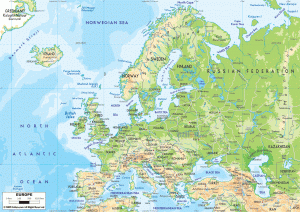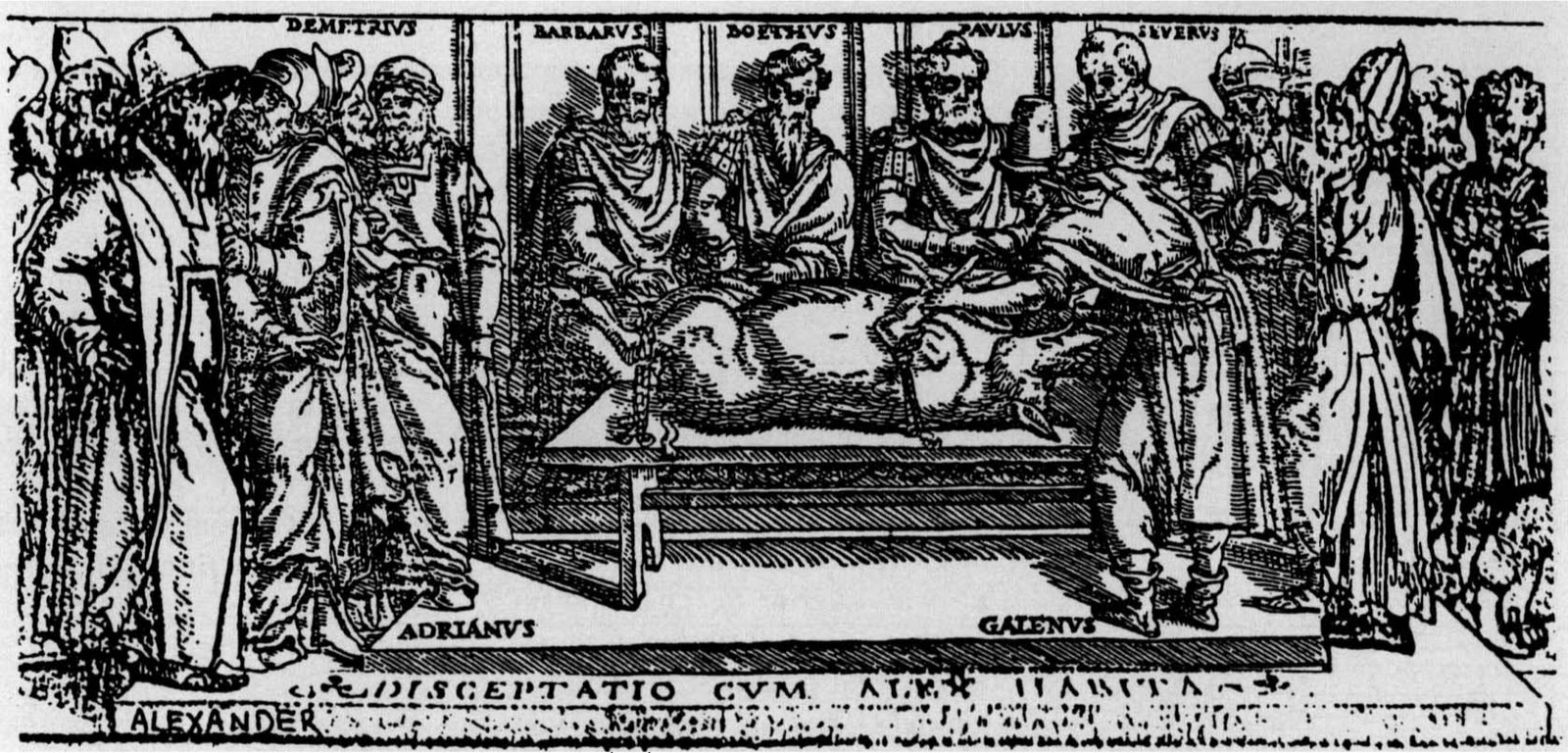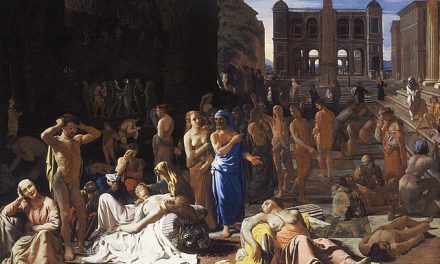 OK, the title of this post is a joke… As an EU national I have no more hope to influence the result of this election than good old Galen’s ghost anyway. No vote, no say on this national consultation; and if I spoke about my contribution to British society over the past twelve years, no one except a few liberal Britons already determined to vote Remain would approve or be convinced. So strong is the tide of resentment against us immigrants that no reasonable argument seems to reach the Leave camp. So ambivalent are the feelings of even some of our co-workers, that we don’t even dare to speak (or scream, for that matter!).
OK, the title of this post is a joke… As an EU national I have no more hope to influence the result of this election than good old Galen’s ghost anyway. No vote, no say on this national consultation; and if I spoke about my contribution to British society over the past twelve years, no one except a few liberal Britons already determined to vote Remain would approve or be convinced. So strong is the tide of resentment against us immigrants that no reasonable argument seems to reach the Leave camp. So ambivalent are the feelings of even some of our co-workers, that we don’t even dare to speak (or scream, for that matter!).
I have left unanswered calls from local campaigners to join them in the fight for Remain, because I feel too angry and depressed at this whole masquerade to even try and help. This is how bad it has got, Britain. This is how hostile it feels. Let’s get over this quickly, please! I can’t stand it any more, and I think many immigrants, educated and not, European and not, citizens of the world, feel the same.
POST-SCRIPTUM (12 JUNE 2017):
Writing a day before the Referendum’ result last year, I was still hopeful that Remain could win. Then, it didn’t. Instead, a whole lot of people in the UK began vocally rejoicing at the outcome, and at one of its expected consequences: our (EU citizens’) imminent departure. I met some of them on the street; others apparently gloated about their “independence day” at my own university. What happened next, over twelve months (and in the last few days), is public knowledge. Despite some support in Parliament, and some public statements by major employers of EU citizens (NHS, universities, …), it has been unclear whether Europeans would be able to continue living and working in the UK. Some rushed to secure citizenship; some left in anger and disbelief; some (like me) have been no less angry but stayed put. Nearly one year on, however, it feels like the tide may be turning and the idea of using us as “bargaining chips” could be abandoned. It took a whole year, and spectacular damage to the NHS (for instance) to begin to measure the impact of the negative messages about foreign workers on British society. Not sure what to add after this, but I have grown more interested in Europe as a field of exchanges and transfers in early modern times. Chasing the European dream.









